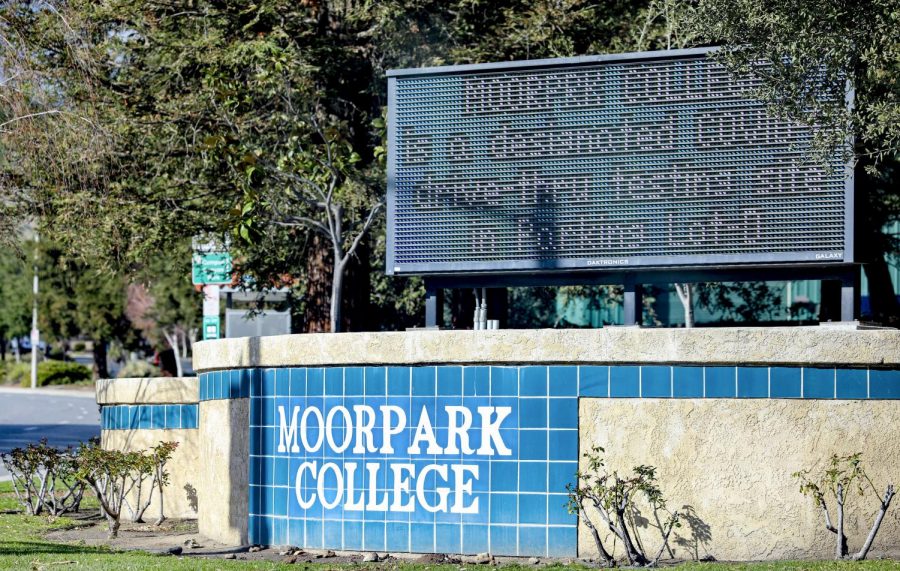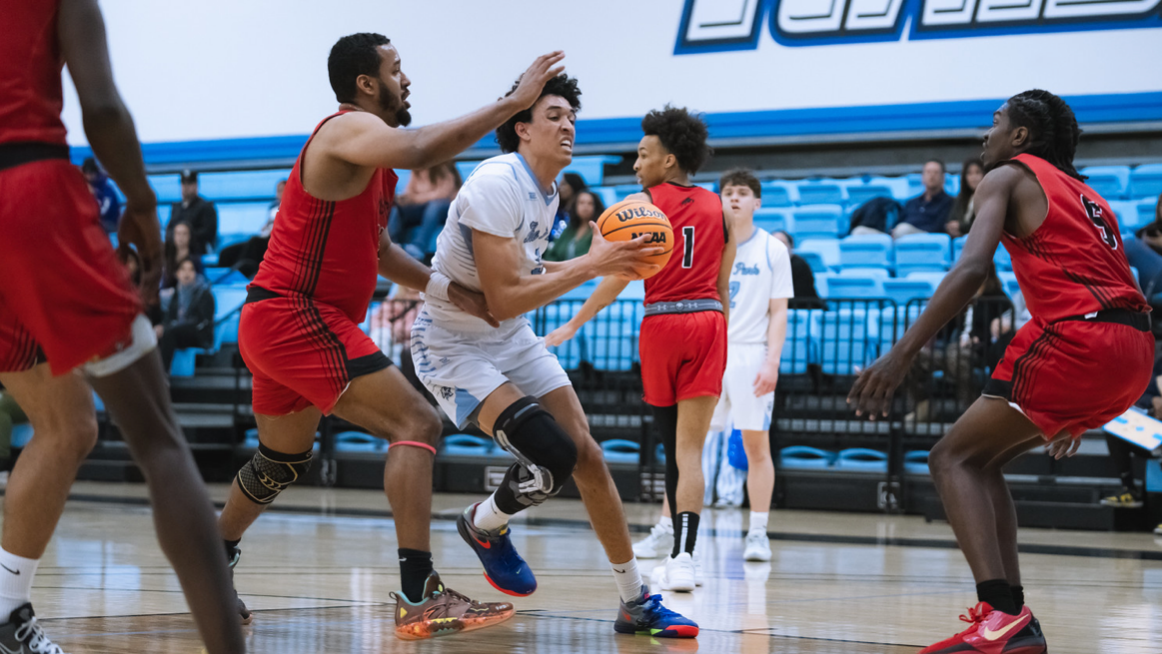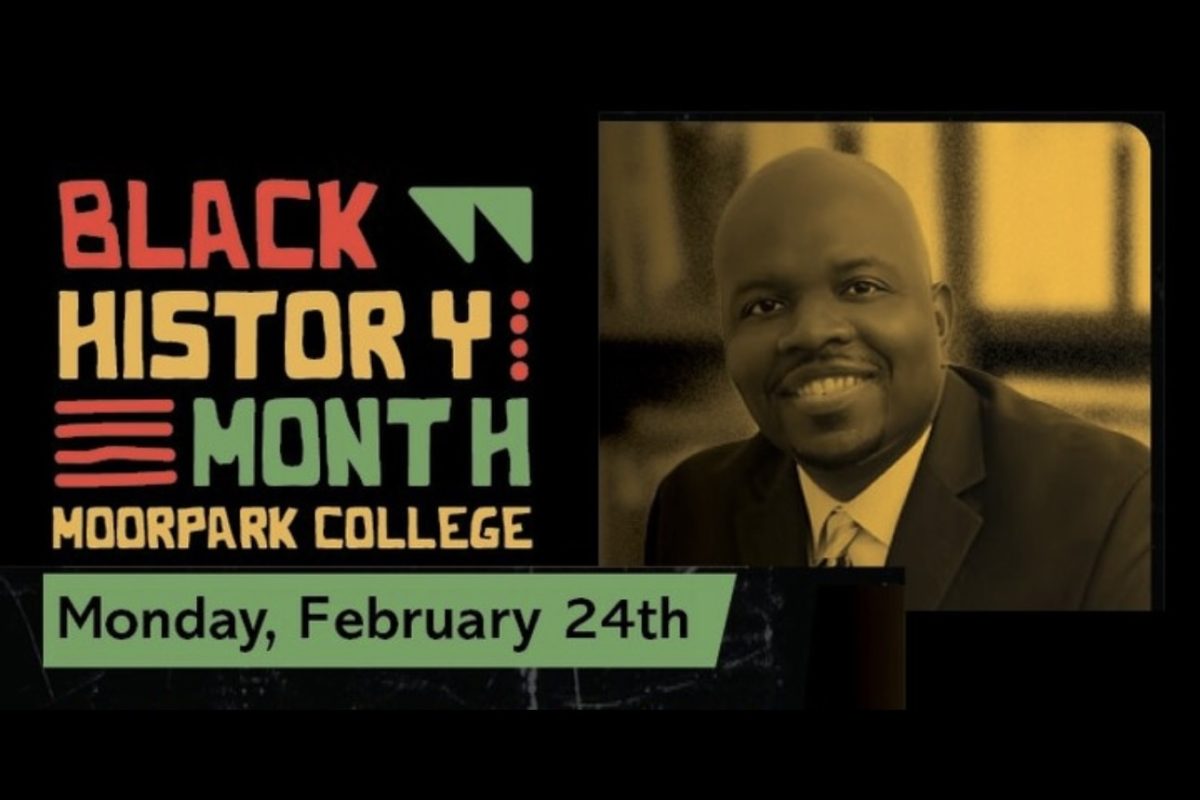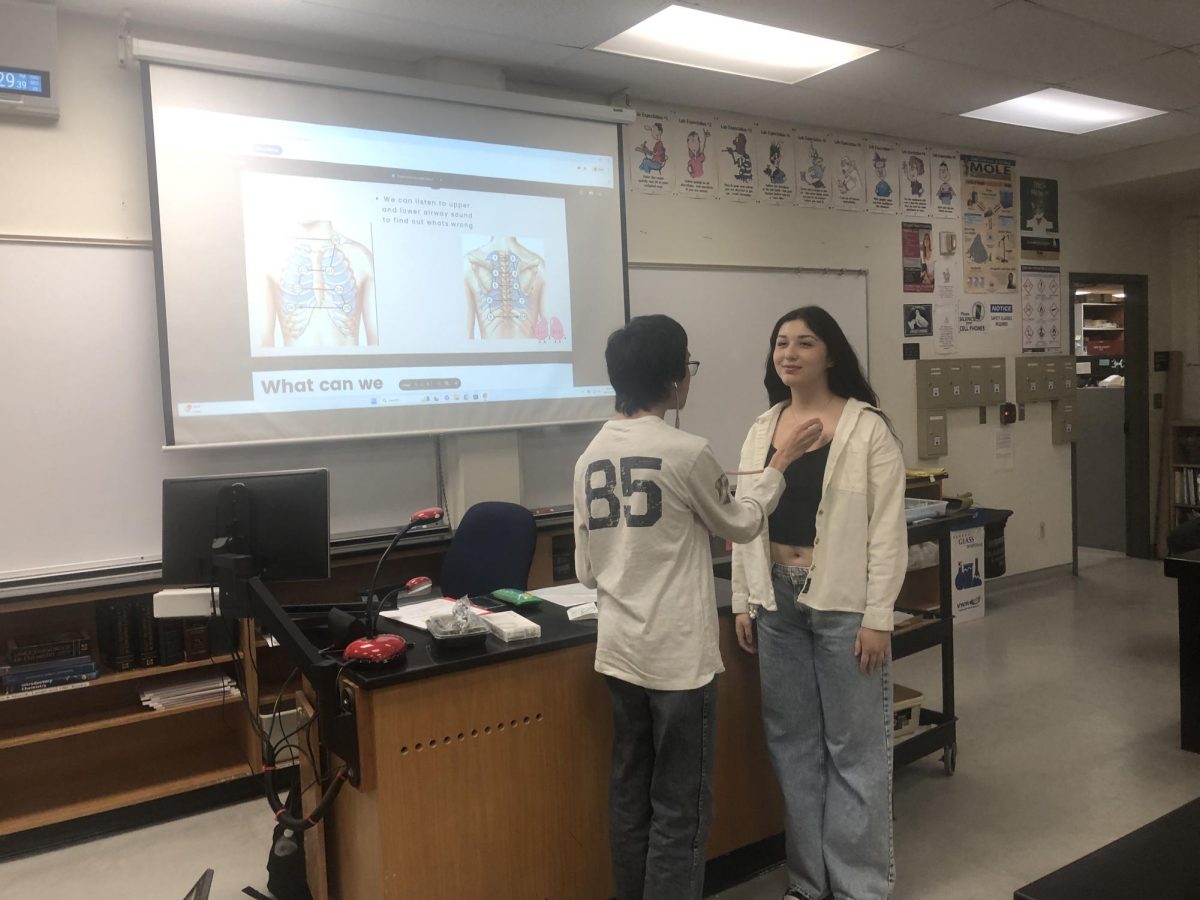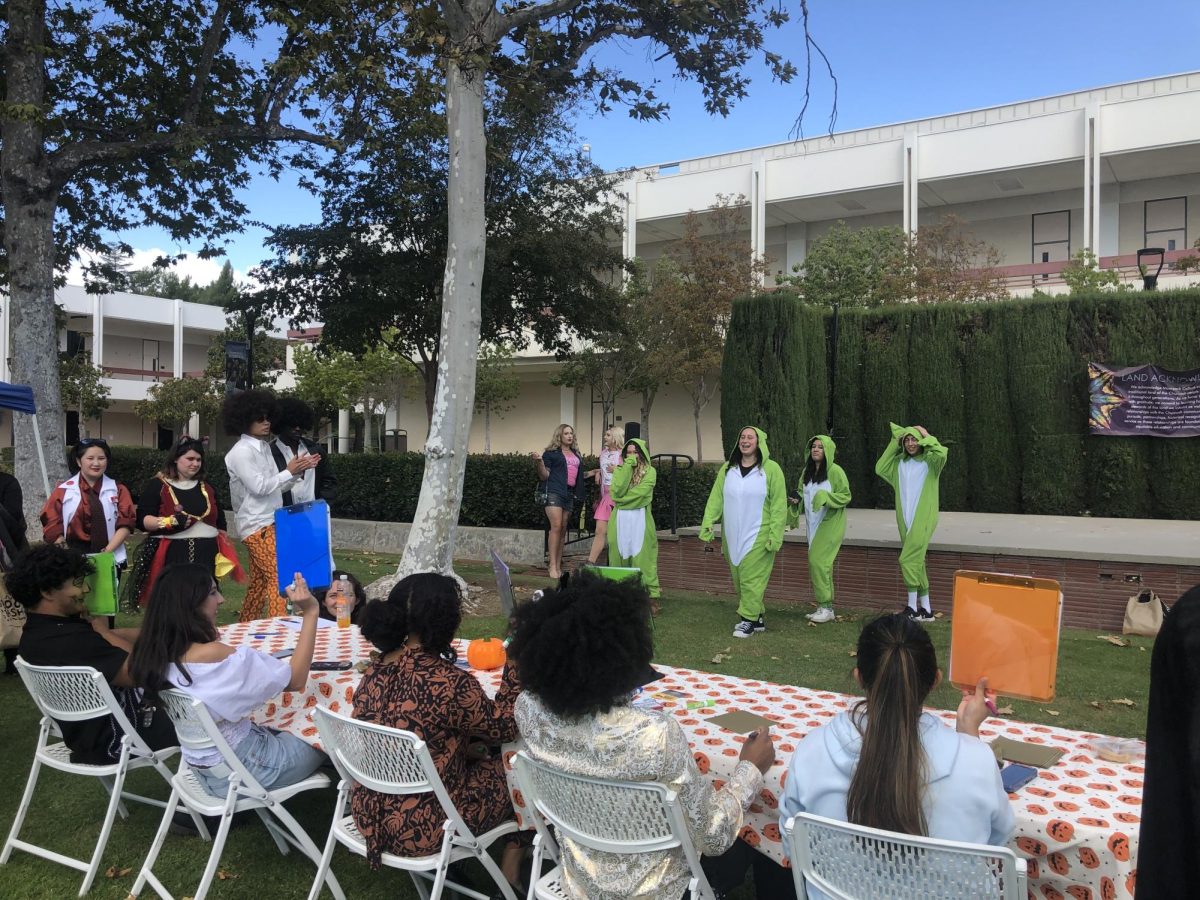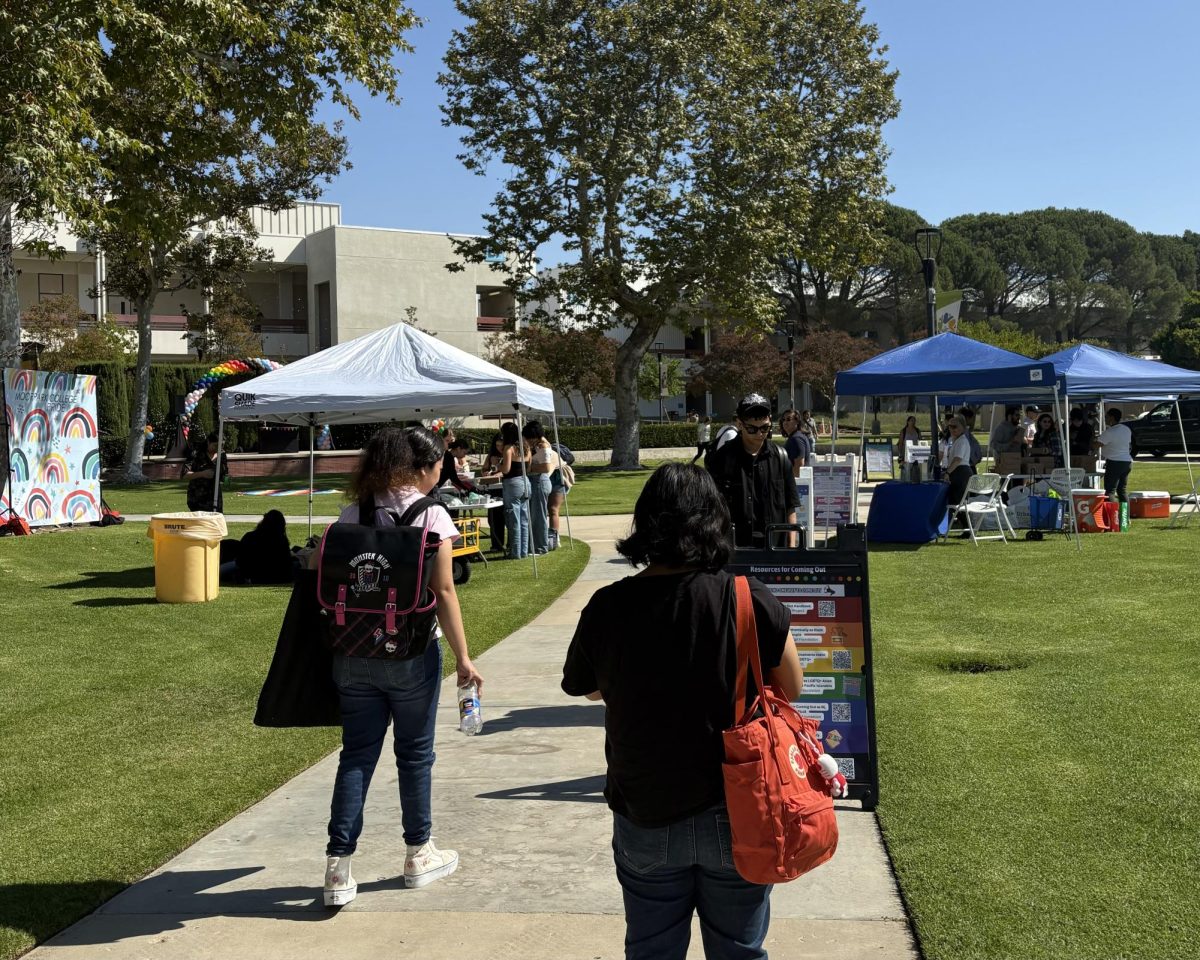On Tuesday the Associated Students of Moorpark College (ASMC) hosted their weekly board meeting. During this meeting, Director of Finance, Marina Bayless, led a presentation with reasons why associated students should get paid.
ASMC Board Directors are elected by Moorpark College students every spring semester and dedicate their time to advocate for students, plan activities, events and provide financial support to student organizations.
Bayless, the leader behind this effort, based her presentation off of research with a team of fellow associated students. Members behind the group are Jin Kim, director of standing constitution and rules, Lucy Ko, ASMC student delegate, Shayan Gheidan, director of student services and Nicole Bicaki, director of campus events.
“The primary goal of this compensation is having equitable student representation, because students that are having to work 30 hours a week to cover their living expenses don’t have time to complete all the duties that are required in ASMC and giving up a chunk of volunteer time,” Bayless explained.
As a result of pay for associated students, benefits include time reallocation from work to paid leadership position, increase competitiveness in elections and increased diversity among student leaders.
With more diverse associated board members, Moorpark College students can have more options to choose leaders that represent them. As well as with pay, those who decide to run for the board of directors will be more willing to do so with less concerns about their jobs.
Bayless also brought up the effects that the COVID-19 pandemic has on students of minority groups and low income households. Since the start of the pandemic, restrictions on restaurants, retail stores and other occupations have led students to go weeks without working or their hours cut.
“Obviously the pandemic will not last forever, but higher education will remain a participatory role in widening the equity gap, so compensating students is one step, a tangible step, to open opportunities for leadership to more students,” Bayless expressed.
After reaching out to members of Ventura and Oxnard colleges associated students, Bayless concluded that on average, associated members spend 10 hours a week for their campus roles. Five hours more than what should be done.
Before the final vote to proceed with the proposal, concerns were expressed by ASMC members.
Director of Public Relations, Scott Pugh, disclosed why some may be hesitant to pay student leaders.
He explained that, in previous times, the proposal might have been dismissed due to the concern of whether students will fulfill their duties correctly and “worried about the fact that students will run for the positions for the [wrong] reasons”.
Though there were concerns, Pugh believed the advantages outweighed the disadvantages.
“I think all the positives listed about paying ASMC members is opening up these (positions) for other socioeconomic statuses in our students and ultimately, that allows us to bring in more diversity as well. I think all of that is really important,” Pugh said.
ASMC board members not included in the movement passed the vote to avoid bias.
The proposal will move on to be presented to the Associated Students of Oxnard and Ventura colleges and afterwards to the District Technical Review Workgroup Student Services; the committee that advises the Board of Trustees.
ASMC board meetings are held every Tuesday at 6 p.m. Students and members of the public are able to join in on the weekly meetings here.

